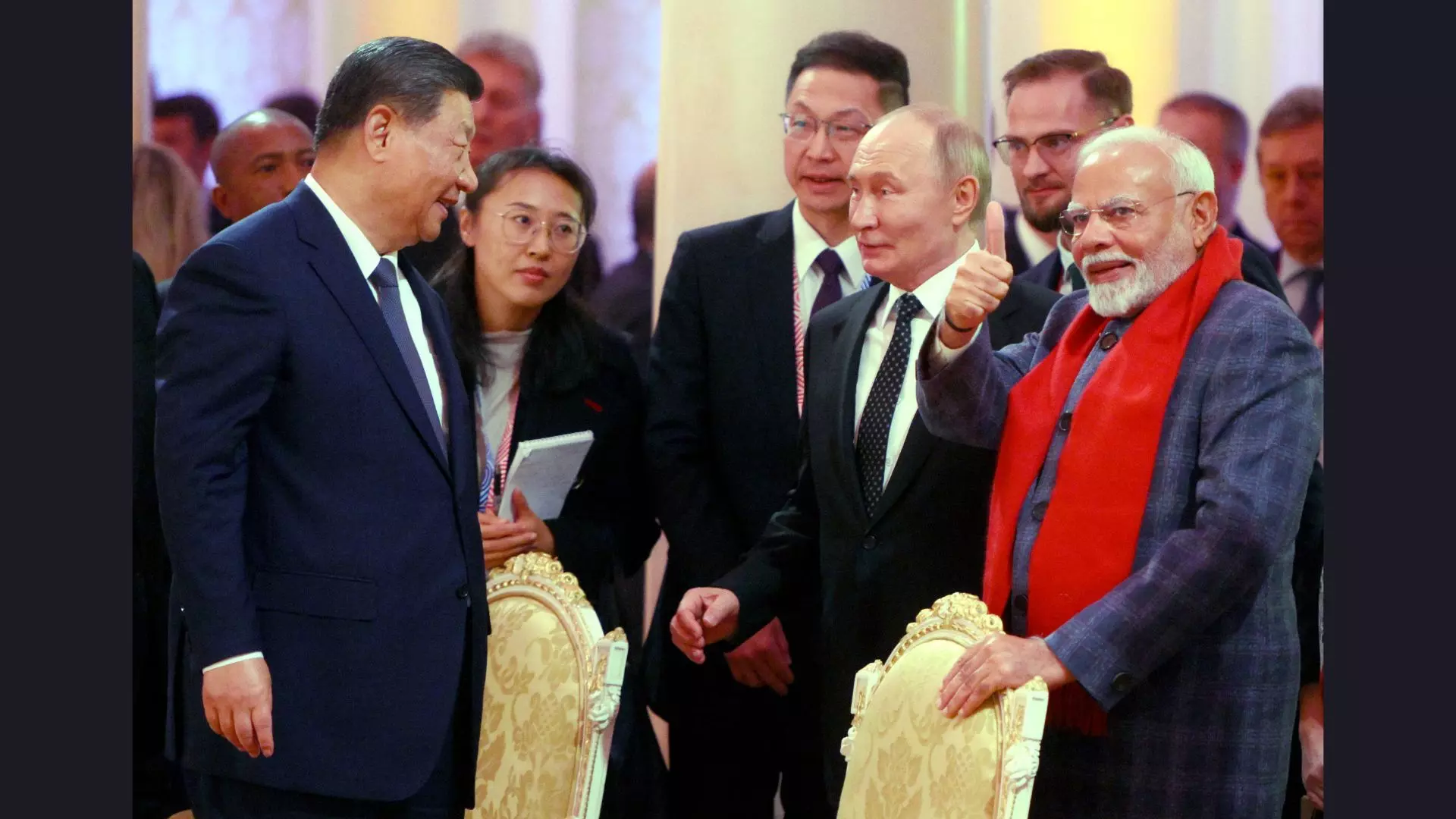There are two major myths in the practice of foreign policy which need to be debunked. The first is that the yardstick of its success must depend on the “approval ratings” you have globally. The second is that idealism should be primary, and national self-interest, secondary.
A successful foreign policy should win you respect, not necessary certificates of “good” conduct. Idealism is essential, but only in an ideal world. Real politique is what matters in an imperfect world.
For many years after Independence, we sought to imbue our foreign policy with the high morality that guided our freedom movement. Ahimsa was a remarkable policy to defeat Britain, then the mightiest military power in the world. But as an independent nation we needed to invest in our military capabilities against hostile forces.
The disastrous defeat in the war with China in 1962 starkly showed that non-violence, or trust in the goodwill of other countries, was bad foreign policy. We demonstrated correct Chanakyan stratagem in the creation of Bangladesh in 1971. It was the right combination of idealistic moralising and the hardheaded pursuit of national interest.
The ruthless regime of President Gen. Yahya in Islamabad thought that it could use repression to bring the Bengalis in East Pakistan to their knees. India was flooded by millions of refugees and could not remain uninvolved.
As Gen. Yahya bungled, India deftly took advantage, entered East Pakistan, trained the Mukti Bahini or Bangla freedom.


















